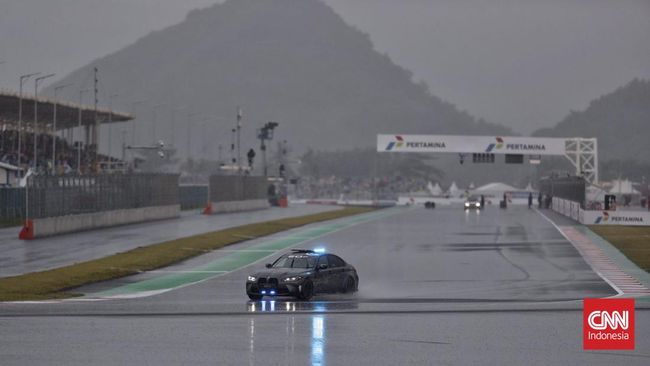By: Jose Rolando Sarmiento Rosales
The deltacron is so called because it is a “recombination” of the delta and omicron variants, but it is not a new variant as such. “I would like to clarify that there is no new variant called “deltacron”. Use of this terminology should be avoided,” says Dr. Sylvain Aldighieri of the Pan American Health Organization. “Recombination is a natural phenomenon described in different viruses as a mutation mechanism to exchange genomic material. This can occur when two viruses of the same species but genetically different infect the same cell in the same individual,” added Aldighieri. Deltacron is not a new variant of coronavirus nor is it of concern, although scientists continue to monitor.
The first cases of deltacron were detected in France in January 2022. Since then, it has been reported in Belgium, Germany, Denmark, the Netherlands and, more recently, in the United Kingdom, the United States and Brazil. The total number of cases remains low. “There is currently no evidence of increased transmission patterns or changes in clinical outcomes due to this recombination event. Although no specific threat to public health is expected, genomic surveillance must be maintained and strengthened to detect any changes in the behavior of the virus early,” says Aldighieri.
The currently dominant variant, omicron caused global alarm by triggering new infections around the world in late 2021 and early 2022. Now its joint action with the BA.2 subvariant continues to explain in part this new increase in cases. “The dominance of BA.2 indicates a high probability that its high transmissibility and immune evasion are part of this global increase,” says Aris Katzourakis of the University of Oxford. There is no evidence that BA.2 causes more severe disease or that some other variant is driving the global increase in cases. In late February, the WHO clarified that the BA.2 sublineage should continue to be considered a variant of concern and remain classified as omicron.
The decline in vaccine protection seems to be another cause behind the global increase in cases. It is already quite clear that immunity declines over time. There are people who have been infected even having three vaccines or having previously been infected with covid-19. This is because protection against infection wears off sooner, but our defenses against becoming seriously ill or dying last much longer. “The available vaccines have a limited and transitory effectiveness against asymptomatic and mild infection, but they provide much greater and more lasting protection against serious diseases,” Professor Adam Finn, from the University of Bristol in the United Kingdom, explains to BBC Mundo.
Likewise, this decrease in protection can generate uncertainty about whether we will need more booster doses or new vaccines in the short or medium term. “The decline in the protective effect of vaccines will play an increasing role, as more people lose protection against infection and to some extent against increased severity,” says Katzourakis. A significant decrease in immunity can lead to new waves of covid-19 and, in the long run, increased hospital pressure. We may have “quiet” periods of covid-19 and others where it hits us back when enough immunity has waned. How protected we are is something that scientists check frequently.
“Some countries are already mobilizing a fourth dose for certain groups of patients. Analyzing the data is key to deciding how quickly and how far to extend this strategy,” says Katzourakis. “It is very likely that we will see the need for another dose of the covid-19 vaccine this year, either another booster with the original formula or a new one. The time interval since the last dose remains to be seen, ”adds BBC Mundo John O’Horo, doctor of infectious diseases at the Mayo Clinic in the United States. “Future policy decisions about booster doses are likely to be guided by the need to target people at higher risk of severe illness, primarily the elderly, but also those with underlying conditions,” Professor Finn added.
In the longer term, work is being done on a new generation of coronavirus vaccines that may offer greater long-range protection. After more than a month of decline, cases of covid-19 have increased again in the world since last week. New infections increased 8% in the week of March 7-13. In total, 11 million new cases were registered. The biggest rise was in the Western Pacific region, including South Korea and China, where cases grew 25% and deaths 27%.
–


